A&E: Royal Victoria Hospital scenes shocking and distressing, says RCN leader
- Published
Rita Devlin says there was "mayhem" in the emergency department at the Royal Victoria Hospital
The scenes at the Royal Victoria Hospital's under-pressure emergency department (ED) are shocking, distressing and heartbreaking, the director of the Royal College of Nursing in Northern Ireland has said.
Rita Devlin visited nurses on the front line on Tuesday, 48 hours before a planned strike.
She said she felt like "weeping for staff" when she saw the scenes.
The Belfast Trust said ED services were under extraordinary pressure.
On Wednesday night, the Southern Trust said its emergency departments at Craigavon Area Hospital and Daisy Hill Hospital were "extremely busy", with significant pressures across its hospitals.
Ms Devlin said she saw "people lying head-to-toe everywhere" in the emergency department at Belfast's Royal Victoria Hospital.
"They could reach out and touch each each other - that raises questions about dignity and infection control.
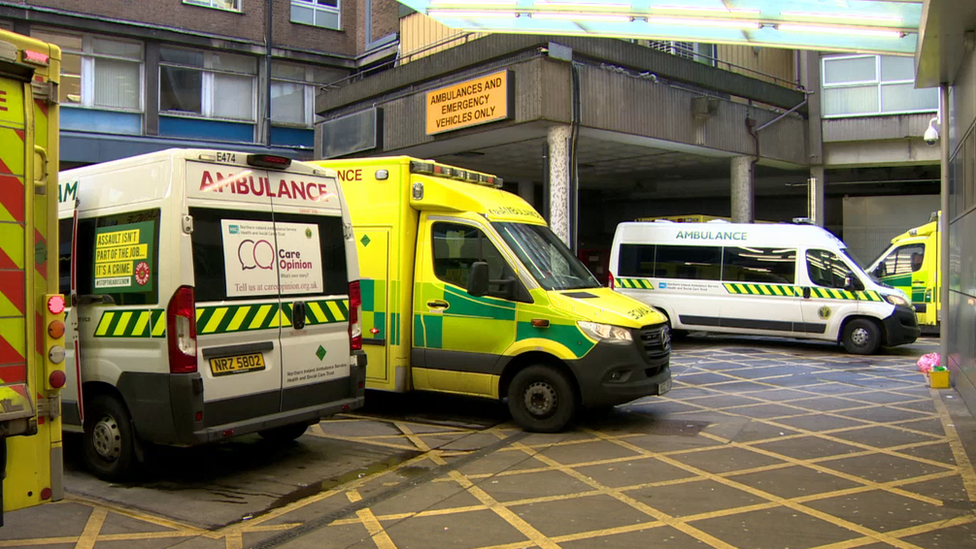
"Very ill patients are practically lying side-by-side which breaks so many rules around safety."
Ms Devlin has been a nurse for 40 years and worked in the Royal Victoria Hospital emergency department during the Troubles.
But on Tuesday afternoon, she said she had heart palpitations as she watched what was going on in that same department.
Last week, a senior consultant likened scenes in the emergency department to "battlefield" medicine.
Nurses in England, Wales and Northern Ireland are due to strike on Thursday in a dispute over pay, which came after health sector workers from three of Northern Ireland's biggest unions held a 24-hour strike on Monday.
Ms Devlin said she visited the hospital's emergency department to speak to nurses before Thursday's strike.
The emergency area is exempt from strike action as nurses felt they could not leave the area understaffed.
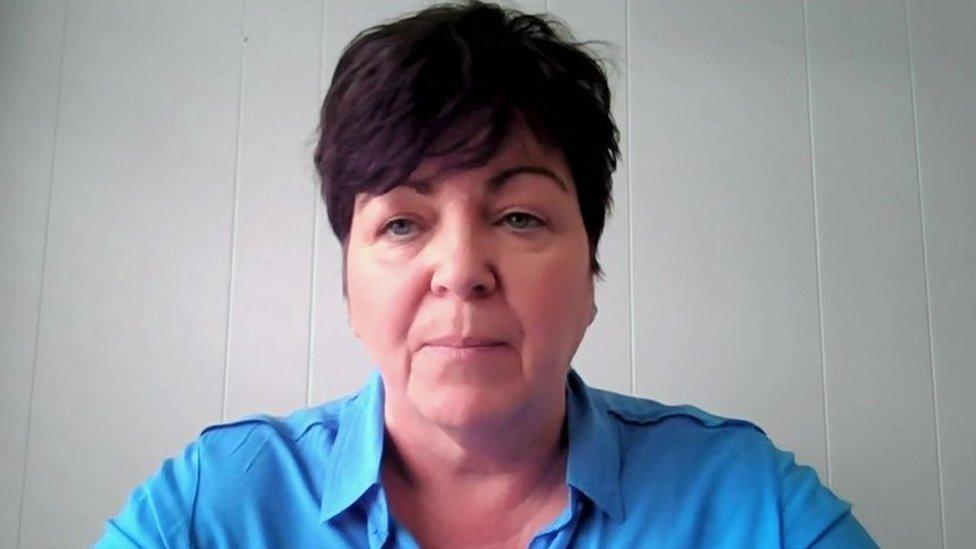
Rita Devlin has been a nurse for 40 years
Ms Devlin said she and others were frustrated as no-one appeared "to be in charge or supporting nurses in the very worst conditions".
"I watched BBC NI's pictures from inside the ED last Thursday - I was horrified. Nurses told me that it's gotten worse since then," she said.
Some patients are being moved onto wards from the emergency department, where there is no actual bed space.
They are being put beside nurse's stations where there is no oxygen or electricity sockets.
Staff told Ms Devlin some patients had been waiting in the ED for more than three days and families were distraught.
'This is a crisis'
"I want to know what those in charge are doing," she said.
"A group was formed called the SPPG - made up of the former health board and led by civil servants.
"They've been working on ED plans. Where are they?
"Also, what are the Belfast Trust directors and non-executive directors doing?
"This is a crisis and we are hearing from no-one at the very top of the trust or the civil service."
Ms Devlin said nurses had written to Northern Ireland Secretary Chris Heaton-Harris two weeks ago over pay.
Although the letter had been acknowledged, there was no sign of a meeting, she said.
"After what I saw in the ED, I intend to write to the permanent health secretary Peter May - nurses need support, lives are being lost," she added.
Mark Dayan, from the Nuffield Trust, an independent health think tank, said political stalemate is causing further issues.
"The vacuum in leadership in Northern Ireland at a time when the health service is in such a terrible state, that must be really worrying for a lot of people who might need health care," Mr Dayan said.
"It also means that there can't really be a mechanism of accountability where somebody can credibly promise the public that things will get better."
Pressure building for months
There has been no power-sharing government since February after the Democratic Unionist Party (DUP) withdrew from the executive in protest over the Northern Ireland Protocol.
Since 28 October, senior civil servants, otherwise known as permanent sectaries, have been in charge of Stormont's nine government departments - their powers are limited and they can only implement policies previously agreed by politicians.
Peter May is the permanent secretary in charge of the Department of Health.
In its statement, the Belfast Trust said the pressure has been building for many months.
"Our staff work every day under the most challenging conditions while doing their very best for their patients," the trust said.
"All of us in health and social care know this situation is far from ideal.
"We welcome the support from RCN colleagues and other trade unions as we work in partnership to promote safety."
Related topics
- Published8 December 2022
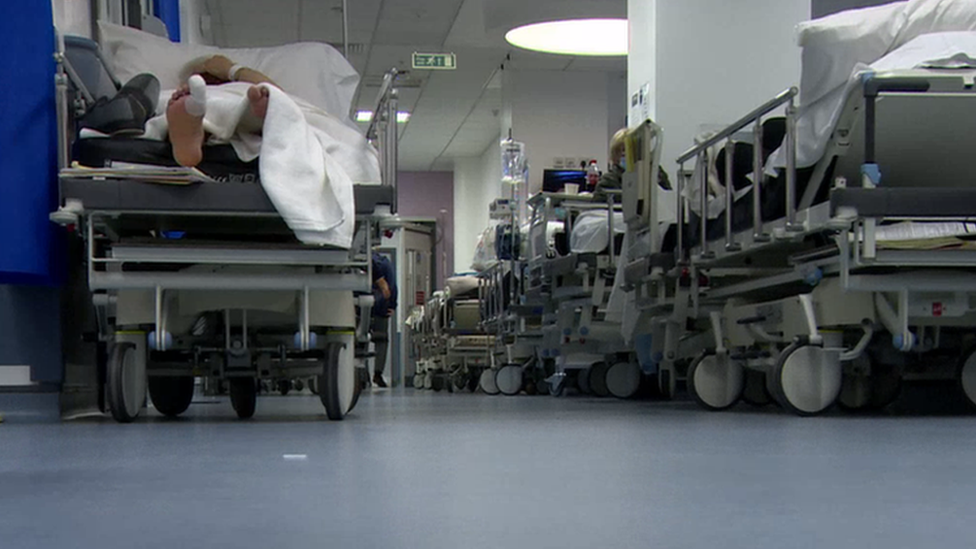
- Published7 December 2022

- Published24 November 2022
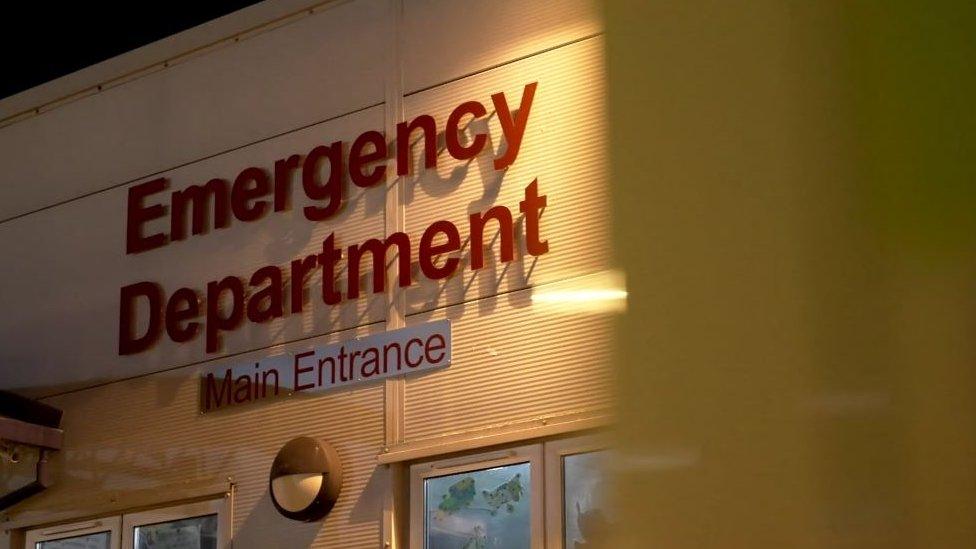
- Published14 November 2022
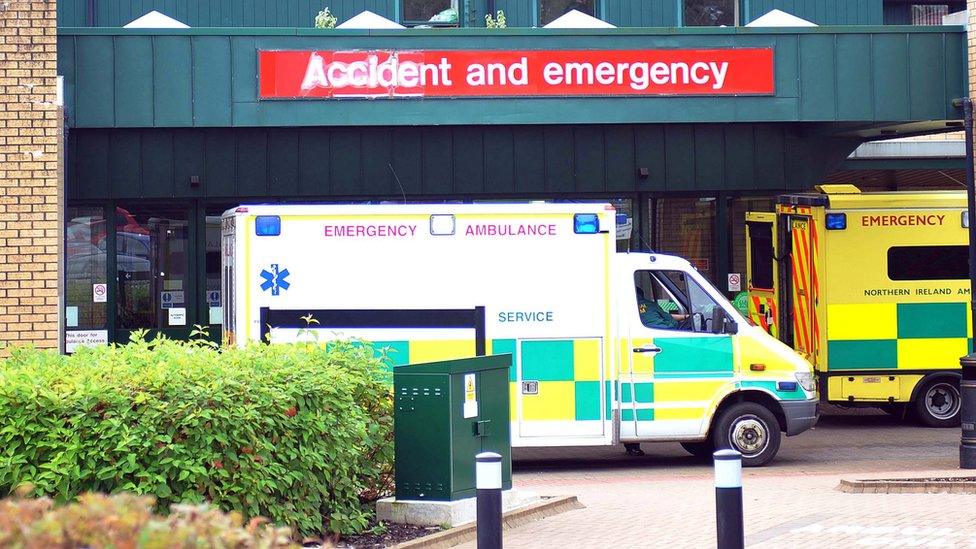
- Published4 October 2022
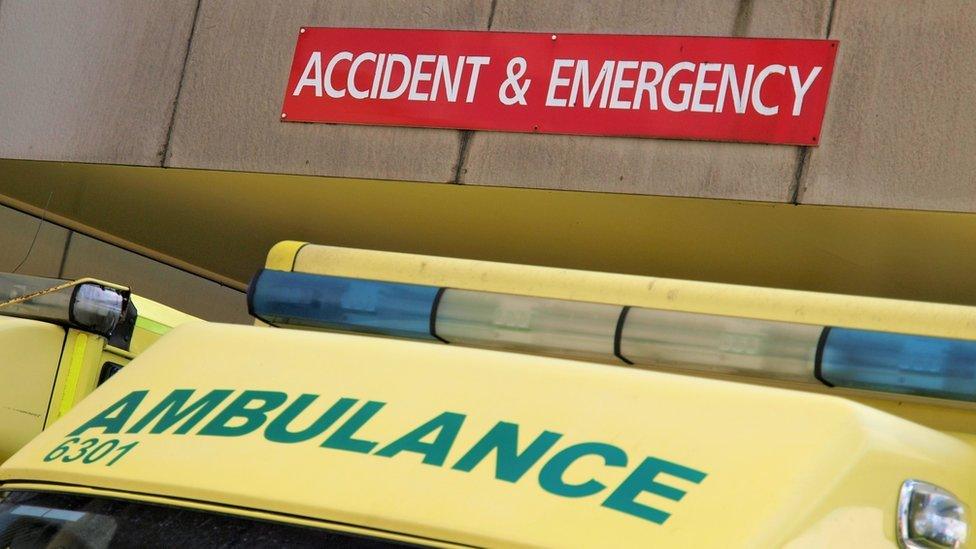
- Published27 July 2022
